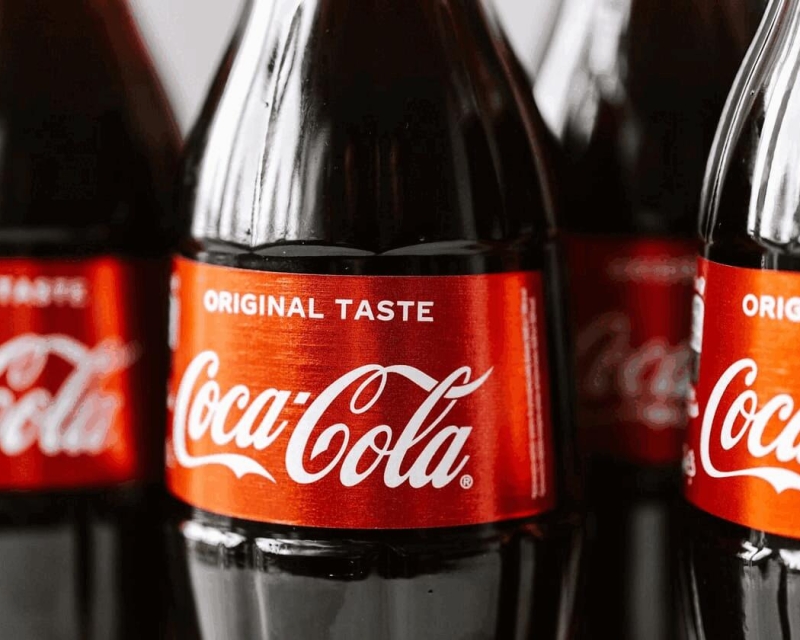Coca-Cola to Pay $6 Billion in Back Taxes Following IRS Dispute
Coca-Cola announced on Friday that it will pay $6 billion in back taxes and interest, marking the resolution of a nearly two-decade-long battle with the Internal Revenue Service (IRS). The ruling, delivered by U.S. Tax Court Judge Albert Lauber, pertains to the fiscal years 2007-2009 and centers on the issue of international transfer pricing.
The case’s roots extend back to when the IRS asserted that Coca-Cola had underreported its income due to improper transfer pricing practices. Transfer pricing refers to the prices at which divisions of a company transact with each other, and it plays a significant role in determining the company’s taxable income. The IRS claimed that Coca-Cola’s income should have been higher, resulting in a substantial tax deficiency.
Coca-Cola has consistently maintained its compliance with tax regulations and plans to appeal the ruling. In a brief, two-sentence decision, Judge Lauber sided with the IRS, leaving Coca-Cola to face a hefty tax bill. The company’s legal team is now preparing for an appeal process, which they hope will overturn the decision or at least reduce the financial burden imposed by the court.
The $6 billion sum includes not only the back taxes but also accrued interest over the years. This significant financial hit comes as Coca-Cola continues to navigate a challenging economic environment, marked by fluctuating demand and increasing competition in the beverage industry. The company has emphasized that it has set aside funds to cover potential liabilities and that its financial health remains robust despite the ruling.
The dispute has drawn considerable attention to the complexities of international tax laws and the scrutiny multinational corporations face regarding their tax practices. Coca-Cola’s case is one of many high-profile disputes involving the IRS and large corporations over transfer pricing issues. These cases often involve substantial sums of money and can take years, if not decades, to resolve.
Coca-Cola’s appeal will likely hinge on arguments about the appropriateness of the IRS’s transfer pricing adjustments and the methodology used to determine the alleged underreporting of income. The outcome of the appeal could have broader implications for other multinational companies facing similar disputes with tax authorities.
As the legal proceedings continue, Coca-Cola will undoubtedly seek to mitigate the impact of this ruling on its financial statements and investor confidence. The company’s leadership remains committed to addressing the tax court’s decision while continuing to focus on its core business operations and growth strategies.






